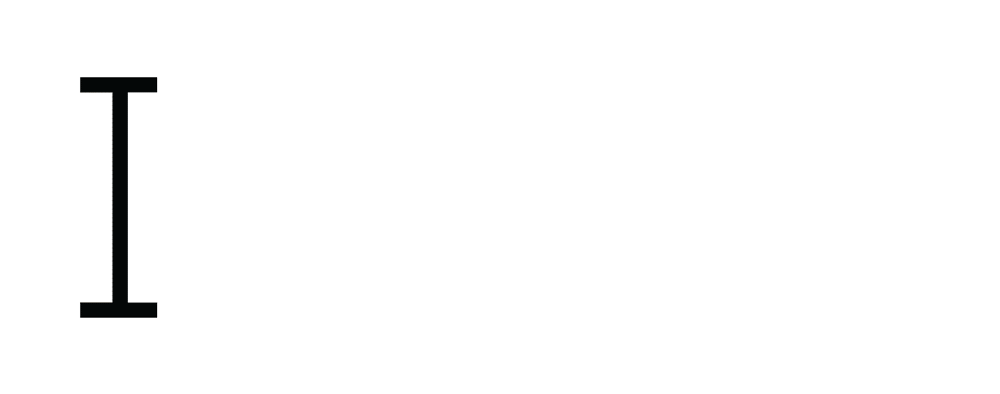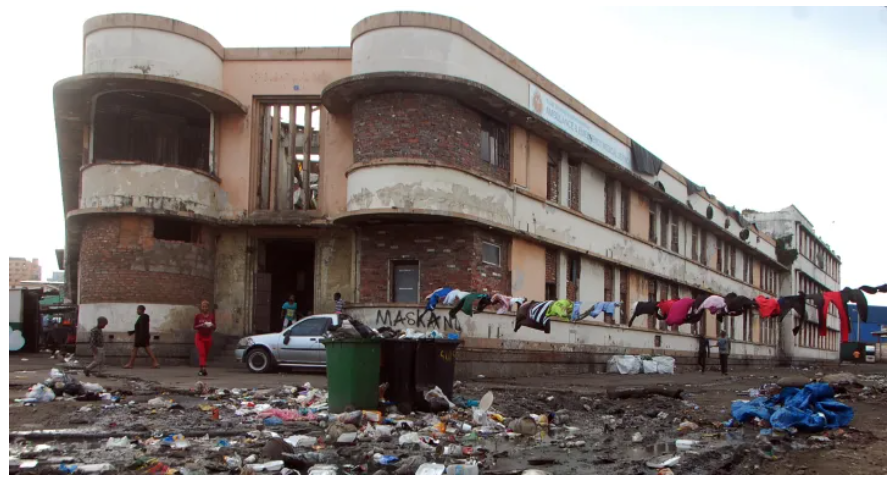
Morocco
December 12, 2018
A joke? Alas not.
April 14, 2019With a thriving economy, Morocco boasts resplendent architecture, charitable locals, a progressive society and a cultural feast
16 JANUARY 2019 – 05:04 BUSINESS DAY
Visiting Morocco for the first time is like tumbling down a rabbit hole. It is a curious, intoxicating journey that elicits gasps of wonder — behind every door, there’s more enchantment to marvel over. Hemmed in by the Atlas Mountains, the Mediterranean, Atlantic and Sahara, the North African country is a sensory overload. The architecture is resplendent in its detail, across the old-walled medinas to the palaces that span the country, it is a combination of intricate patterns inlaid in glass, marble, cedar and stone. Morocco’s awe-inspiring mosaics could be representative of the hybrid nation. The population is richly overlaid and includes Berbers, Arabs, Africans, Spaniards, French, a mix of all of the above plus a few strays. An injuriously short summary of its history: it has been the site of many conquests. Its ancient civilisation was home to the world’s first university. It has a constitutional monarchy and a canny king who appears to be doing a tight tango with democracy. For the most part, the country boasts great infrastructure, including the continent’s first high-speed rail line, and its economy is thriving. Since King Mohammed VI took the throne in 1999, he has been anxious to root Morocco in Africa, although culturally and geographically it feels more European or Arabic than African. It is 13km from Tangier to Spain across the Straits of Gibraltar. At a recent conference in Rabat, government officials and academics said Morocco braced itself after the Arab Spring for waves of African migrants and refugees fleeing the continent to Europe. That narrative changed to include Morocco becoming host country rather than transit camp. Migration vexes Moroccans. While many of their poorer neighbours choose to stay in Morocco, many more still use the country as a launchpad to Europe. The Moroccans seem attuned to outreach. Every year since the 1970s, Moroccan taxpayers have sponsored thousands of foreign students, mostly African, studying in their country. In 2017 they sponsored 12,000 students, an initiative apparently partly inspired by Islamic charity and enlightened self-interest. Three things are inviolate in Morocco: the sovereignty of its borders, the institution of the monarchy and Islam. Having said that, to a holidaymaker Morocco doesn’t feel vaguely authoritarian, religious or chauvinist. It has a generally progressive society and the people are mostly modern and sophisticated. Women are not obligated to veil (many don’t), tourism is flourishing and free speech appears about to blossom. Islam, though deeply entrenched, is a moderate brand of Sufism. Hospitality owners, though practising Muslims, are at ease serving their guests alcohol and speak plainly. “I love the institution of the king,” said one. It is sacred. I can criticise the incumbent and I can definitely criticise government officials if they are lazy or corrupt. I do this on Facebook without a problem.” In the tourism mecca of Marrakech, you find top-end cars, high fashion, discos, international food chains, theme parks and fancy restaurants. Rabat, the capital city, boasts beautiful art deco buildings, museums, galleries, sidewalk cafes, sweeping boulevards and manicured lawns. Marrakech is a cultural feast, about a three-and-a-half hour drive from Rabat, towards the Atlas Mountains and the Sahara. In Marrakech, people still wear traditional djellabas, or long, loose-fitting outer robes with full sleeves. They hark back to the days when Morocco was a regional power base from which knowledge spread north to Spain and south to Senegal. Among the best places to stay in Morocco are “riads”, charming traditional houses with interior courtyards, fountains and roof gardens. The food is delicious. The locals are gracious hosts. Arabic, French and English are the most commonly spoken languages. Like most places, you have to be on alert. Apart from one brush with a hustle in a back alley, I walked the fascinating medinas unfettered. South African Dale Tomlinson, the founder and CEO of advertising and public relations agency The Hardy Boys, recently spent a few weeks crisscrossing Morocco. “It is a wonderful country, rich in history, culture and an amazing diversity of landscapes. Each town my wife and I explored — from Chefchaouen to Essaouira, Marrakech to Fes — was unexpected and beguiling. I would recommend it to any inquisitive traveller, but do the homework on how best to get there how to see as much as possible to get a true taste of the complex tapestry.” Travelling to Morocco from SA can be a haul. I flew Durban to Dubai and on to Casablanca. Each leg was eight hours. A more direct route would be Johannesburg to Senegal, which is eight hours and then a three-hour flight to Casablanca. Morocco is not cheap but could be described as a value-for-money destination. A Moroccan dirham will cost you about R1.45. A beer in a hotel is upwards of 30 dirhams but costs 10 dirhams at a supermarket.


